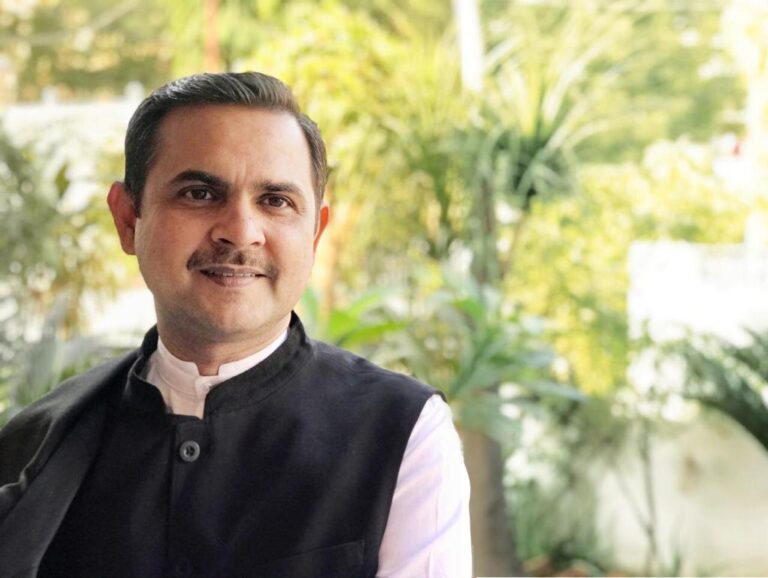This issue remains a subject of dispute among the political left-wing, some minority religious groups, conservative religious groups, tribals and sects, all of whom staunchly defend their religious customs

IN THE diverse tapestry of India’s legal landscape, the concept of a Uniform Civil Code (UCC) has emerged as a contentious issue, stirring intense debates and discussions. The UCC seeks to establish a single set of personal laws that govern vital aspects of life such as marriage, divorce, inheritance, and adoption. With equality, justice, and social harmony as its core tenets, the UCC aims to eliminate disparities and inequalities embedded in personal laws influenced by religious or customary practices.
At its essence, the Uniform Civil Code strives to ensure justice for all individuals, irrespective of their religious or community affiliations. It envisions a uniform set of laws that applies to every Indian citizen, regardless of their religion, gender, or sexual orientation, thus advancing gender equality and justice. However, the journey towards implementing a UCC is fraught with challenges and controversies.
Law Commission has been exploring the potential for a UCC. Their report emphasizes the need for gender justice, equality, and the protection of individual rights in personal laws
Critics raise concerns about potential encroachments on religious freedoms and cultural diversity. They argue that a UCC may erode the distinct identities and customs of different religious communities, sects and also the tribals communities. Additionally, the process of enacting and implementing a UCC necessitates delicate navigation amidst India’s diverse religious and cultural landscape. Building a consensus among various stakeholders is a complex and time-consuming endeavor, requiring sensitivity, inclusiveness, and open dialogue to address the concerns of all communities involved. Presently, personal laws in India are regulated according to religious or sect scriptures. The ruling Bharatiya Janata Party has been actively advocating for the implementation of a uniform civil code across the nation. However, this issue remains a subject of dispute among the political left-wing, some minority religious groups, conservative religious groups, tribals and sects, all of whom staunchly defend their religious customs.
The controversy surrounding the Uniform Civil Code persists within the realm of Indian politics. Notably, the Indian Union Muslim League has lodged strong objections to its implementation and has addressed the 22nd Law Commission with their concerns about its fundamental principles.
Yet, the concept of a Uniform Civil Code represents a profound aspiration—an aspiration to forge a common legal framework that upholds equality, justice, and social harmony, while simultaneously respecting the diverse cultural and religious identities of Indian citizens. Navigating the road to implementing a UCC requires careful deliberation, skillfully balancing the principles of equality and individual rights with the preservation of religious freedoms and cultural diversity. Ultimately, a well-crafted and inclusive Uniform Civil Code has the potential to play a pivotal role in fostering a just, equitable, and harmonious society for all citizens. It is a delicate task of stitching together the social fabric, where each thread of justice and cultural identity intertwines to form a vibrant and inclusive nation.
We strive to make a lasting impact on India’s policy and planning landscape through fair, unbiased, and incisive research based journalism.
But we can’t do it alone.
Together, we can create a better India, where policies are fair, planning is unbiased, and the truth prevails. Your contribution matters, and we shall be immensely grateful for your support.




1 Comment
Pingback: WHO ARE YOU MR POLITICIAN? - Legal Mitra